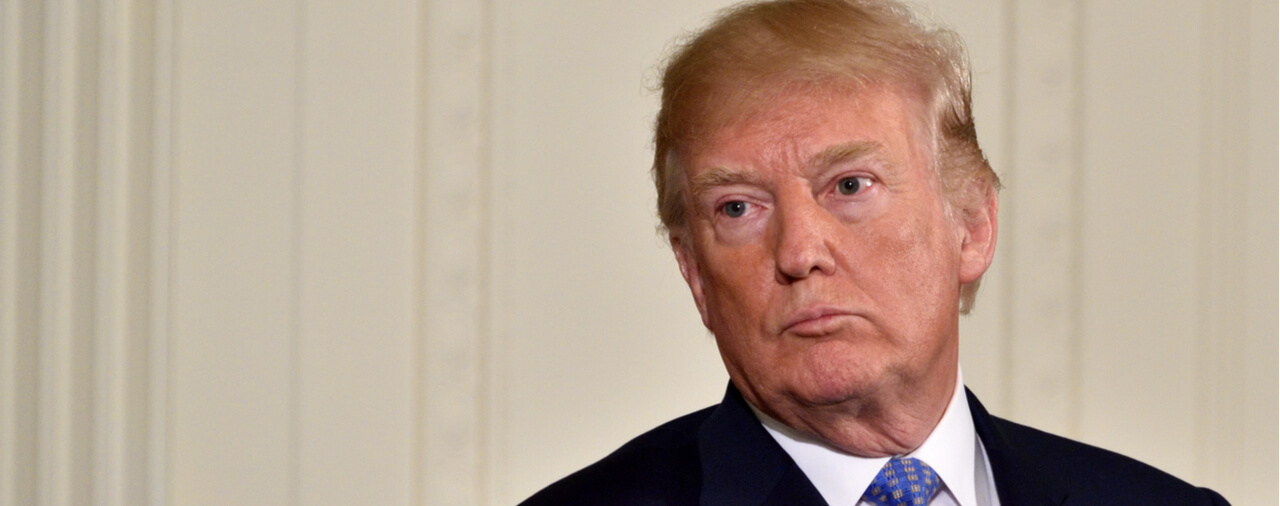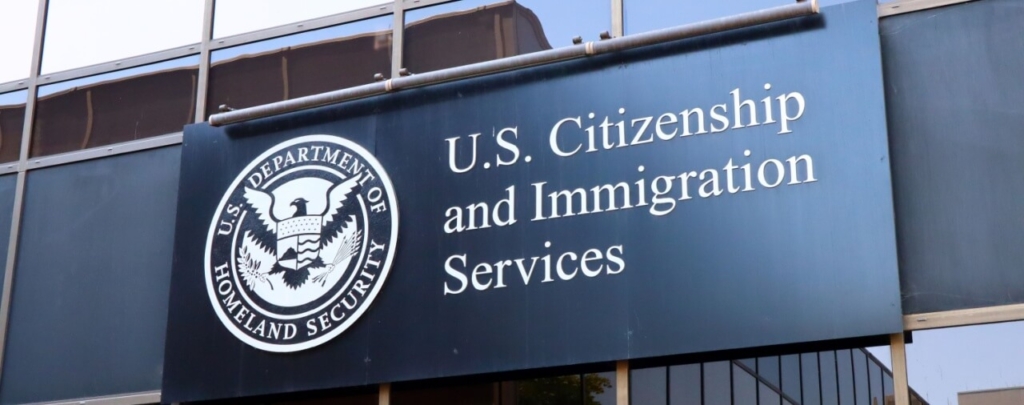On December 6, 2017, President Donald Trump recognized Jerusalem as the capital of Israel in a historic address. You may watch his speech below:
At about the three minute mark, President Trump provided a clear statement on the sovereignty of the State of Israel:
Israel is a sovereign nation with the right, like every other sovereign nation, to determine its own capital. Acknowledging this is as a fact is a necessary condition for achieving peace.
After noting that previous presidents had declined to acknowledge that Israel had a capital at all, at about the 5:30 mark of the video President Trump provided the statement that many of us have been hoping to hear for years:
But today, we finally acknowledge the obvious: that Jerusalem is Israel’s capital. This is nothing more, or less, than a recognition of reality. It is also the right thing to do.
However, President Trump did not only recognize Jerusalem as the capital of Israel, he also announced the commencement of the process of moving the United States Embassy from Tel Aviv to the capital of Israel (see 5:50):
[C]onsistent with the Jerusalem Embassy Act, I am also directing the State Department to begin preparation to move the American embassy from Tel Aviv to Jerusalem.
Throughout his speech, President Trump took the position that the recognition of reality — that Jerusalem is, in fact, the legitimate and only capital of Israel — could further the peace process. Both the President and officials from his administration have explained that the peace process must be based on reality. President Trump is correct in understanding that allowing the Palestinian side to maintain the fiction that the status of all of Jerusalem is subject to negotiation hinders, rather than advances, the peace process.
At about the 6:45 mark, the President stated that the United States is not taking a position on any final status issues, “including the specific boundaries of the Israeli sovereignty over Jerusalem.” While President Trump did not purport to recognize Jerusalem as the “undivided” capital of Israel, he made clear that any agreement regarding Jerusalem or other final status issues must be acceptable to both sides, which seems to suggest that he does not intend to endeavoring to impose terms on Israel, which is steadfast in its position that it will never accept a divided Israel. Nevertheless, at about 7:30, President Trump stated that the United States would support a two-state solution “if agreed to by both sides.”
Eugene Kontorovich, a noted scholar in international law at Northwestern, made an interesting point in noting that “[President] Trump’s statement makes it clear the ‘Jerusalem’ he is recognizing is the one with the Western Wall [and] Temple Mount in it.”

On the same day as his speech, President Trump issued a proclamation titled “Presidential Proclamation Recognizing Jerusalem as the Capital of the State of Israel and Relocating the United States Embassy to Israel to Jerusalem” [PDF version]. The Proclamation constitutes President Trump’s official statement recognizing Jerusalem as the capital of Israel and directing the State Department to begin the process of building a new U.S. Embassy building in Jerusalem. The Proclamation concluded:

In response to the news, Israeli Prime Minister Benjamin Netanyahu issued a statement hailing the decision. You may watch the statement below:
The Prime Minister began (from the top of the video):
Jerusalem has been the capital of the Jewish people for 3,000 years. It’s been the capital of Israel for 70 years. It was here that our temples stood, our kings ruled, our prophets preached. Jerusalem has been the focus of our hopes, our dreams, our prayers for three millennia. From every corner of the earth, our people yearned to return to Jerusalem, to touch its golden stones, to walk its hallowed streets. So it’s rare to be able to speak of new and genuine milestones in the glorious history of this city. Yet today’s pronouncement by President Trump is such an occasion. We’re profoundly grateful for the President and his courageous and just decision to recognize Jerusalem as the capital of Israel and prepare for the opening of the U.S. Embassy here.
The Prime Minister concluded his remarks, speaking for many of us (at 2:05):
President Trump, thank you for today’s historic decision to recognize Jerusalem as Israel’s capital. The Jewish people and the Jewish state will be forever grateful.
Predictably, the reaction to President Trump’s recognition of a basic fact has been the hysterical response from many of his detractors both here and abroad, including those who are historically predisposed to oppose the concept of Israeli sovereignty. Fortunately, at the United Nations, the U.S. Ambassador to the United Nations, Nikki Haley, delivered a forceful and articulate defense of President Trump’s decision:
Furthermore, there are signs that, despite the negative reaction from the Middle East and western Europe, President Trump’s courageous decision may open the door for others to follow. After his announcement, the Czech Republic recognized “West Jerusalem” as the capital of Israel. Czech President Milos Zeman stated the following:
[President] Trump’s decision makes me happy because when I visited Israel four years ago, I said I would like to transfer the embassy, and if that happens, we will be the first to do so.1
Credit must be given to President Trump for having the courage to do what his predecessors in office did not. Furthermore, we must note that he reportedly faced stiff opposition from some members of his own cabinet in making this historic and just decision. Nearly a year ago, I posted a blog sharply criticizing then-President Obama’s decision to abandon Israel at the United Nations with less than a month to go in his presidency [see blog]. I expressed the hope that then-President Elect Trump would move quickly to undo the damage. While there is still much to do, President Trump and Ambassador Haley took a bold step not only to reverse the damage done to U.S.-Israeli relations by the previous administration, but also to right a historic wrong. In doing so, as they both explained, they have made the prospect of a lasting peace in Israel more tangible than it has ever been before.
What work is left to do? I will offer my thoughts on three points.
First, it was encouraging to see President Trump begin the process of moving the Embassy from Tel Aviv to Israel’s capital. Statements from the administration have suggested that the process may take years due to their determination to build a new building to house the embassy. However, it is important that this process proceed expeditiously in order to turn words of progress into reality.
Second, despite President Trump’s proclamation, the U.S. Department of State (DOS) subsequently announced that it will not change its policy of not listing “Israel” on passports as the birthplace for those born in Jerusalem. The implementation of this policy was upheld by the Supreme Court in 2015 in Zivotofsky v. Kerry, 135 S.Ct 2076 (2015) [PDF version]. Writing for himself and four colleagues, Justice Anthony Kennedy stated that “[r]ecognition is a topic on which the Nation must ‘speak … with one voice.’” Id. at 2086. I hope that President Trump soon makes clear that the United States has officially recognized that Jerusalem is the capital of Israel and that the Executive Branch implement this policy in full with one voice.
Finally, Prime Minister Netanyahu has expressed optimism that other countries will follow President Trump in recognizing Jerusalem as Israel’s capital and moving their own embassies. This would be a remarkable testament to Prime Minister Netanyahu’s leadership efforts to in improve Israel’s standing in the international arena. With hope, other countries will be encouraged by President Trump’s decision to do the right thing and recognize that Israel, as a sovereign nation, has the right to choose its own capital.
I recognize that many disagree with President Trump’s policies, find his character disagreeable, and think that he has been a poor president. While I consider myself supportive of many of his policies, I too have disagreements, such as with some of his administration’s decisions on immigration policy [see blog]. However, as conservative commentator Ben Shapiro — who notably did not vote for President Trump — has said, it is important to recognize when the President makes a good decision. In recognizing Jerusalem as Israel’s capital, President Trump made one of the most important and just foreign policy decisions in recent memory. Those who have supported Israel sovereignty should not shy away from praising the move because it was made by President Trump, but should instead applaud the move because it was the right thing to do. I echo Prime Minister Netanyahu in expressing gratitude to President Trump for keeping his promise to the American and Israeli people.
For those who are interested, please see my blog post on Jerusalem Day from last May [see blog].





